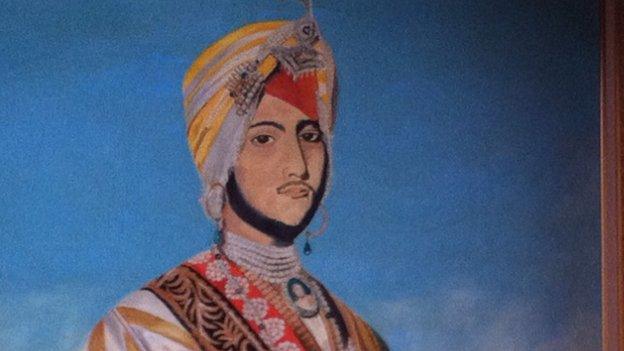Sophia Duleep Singh: Princess and suffragette inspires children's book
- Published
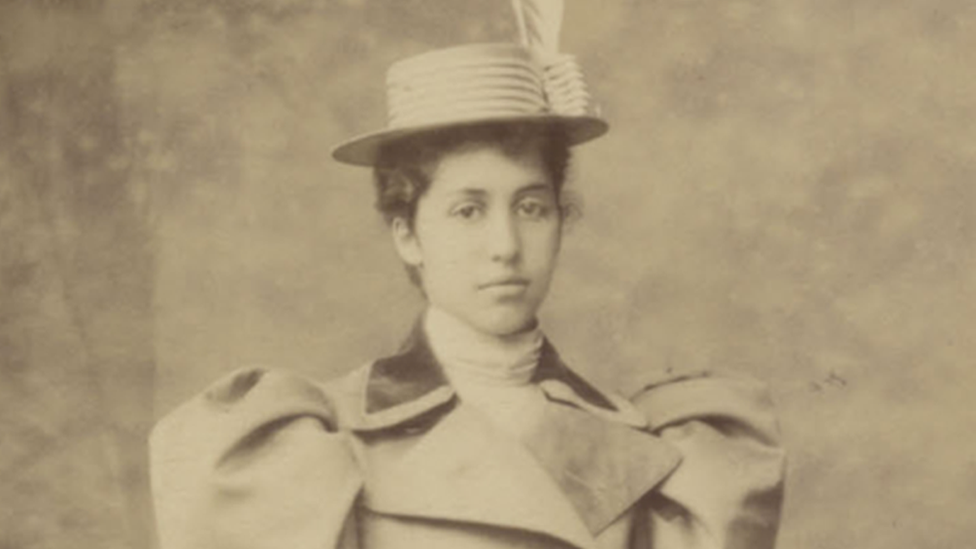
Princess Sophia Duleep Singh was a committed women's rights campaigner
The "extraordinary" story of an Indian princess and suffragette has been immortalised in a children's book.
Sophia Duleep Singh was a daughter of the last Sikh ruler of the Punjab, Maharajah Duleep Singh, and grew up in Elveden, on the Norfolk-Suffolk border.
The young princess made history in the early 1900s by risking her royal status to campaign for women's rights.
Author Sufiya Ahmed said: "We can all relate to this shy but very determined young woman."
Her book, My Story: Princess Sophia Duleep Singh, for nine to 13-year-olds, has been launched at Ancient House museum in Thetford, Norfolk, which was founded by Sophia's brother, Frederick Duleep Singh, in 1921.
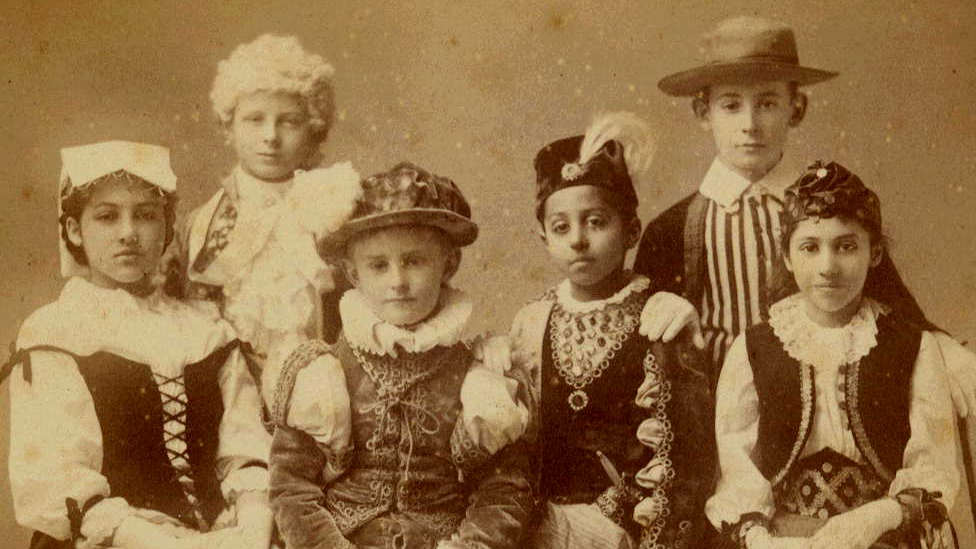
Princess Sophia (far right) grew up surrounded by the trappings of British society
The Maharajah Duleep Singh was exiled to England after his kingdom was annexed by the British in India in the 1840s.
Despite failed attempts to return to India, he used his financial compensation to buy Elveden Hall, where his wife and children then settled.
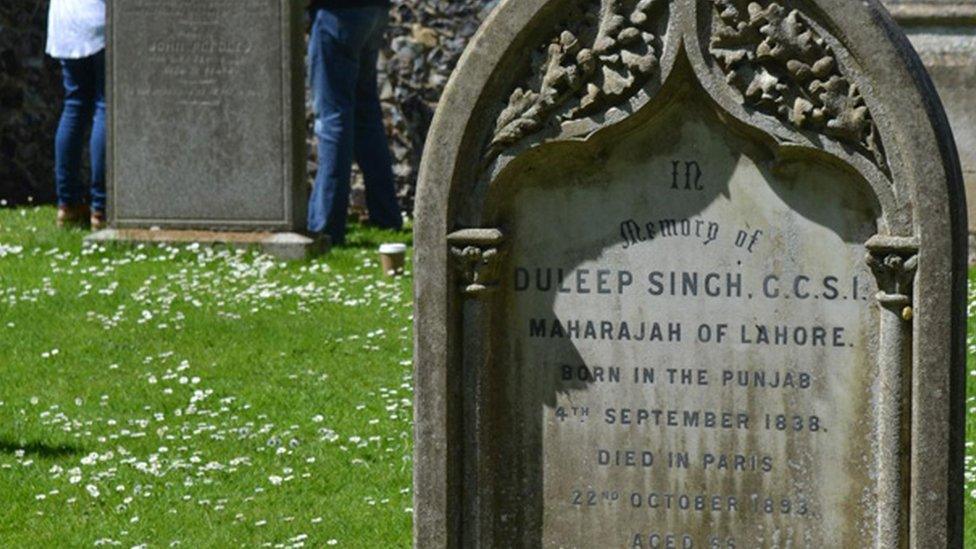
Maharajah Duleep Singh is buried in Elveden churchyard
The family were close friends of Queen Victoria, who later provided them with an apartment at Hampton Court Palace.
Ms Ahmed said the princess lived life as a "typical English woman" before "looking for meaning in her life" as she grew older.
She became a committed campaigner for women's rights, and was a member of both the Women's Social and Political Union (WSPU) and the Women's Tax Resistance League, whose slogan was "No Vote, No Tax".
In 1910, Princess Sophia led a 400-strong demonstration to Parliament, external with prominent suffragette Emmeline Pankhurst, a protest that became known as "Black Friday".
She was often seen selling The Suffragette newspaper outside her home at Hampton Court Palace.
'Fierce morality'
Ms Ahmed added: "I never knew about her and I was devastated to learn there was this suffragette who looked like me.
"The people we learn about in school, we remember for the rest of our lives - for me that was Florence Nightingale.
"I hope her story will inspire children. She struggled with a sense of belonging as a woman of colour, but chose England as her home.
"She was shy, but fashionable, very determined and well-liked. She was not the loudest in the room."

Author Sufiya Ahmed said she hoped to inspire children with Princess Sophia's story
Princess Sophia died on 22 August 1948, at the age of 71.
Melissa Hawker, Norfolk Museums Service learning officer, said royal status protected - and hindered - the princess.
"Children love how ardently she pursued what she thought was right, they respond to that fierce morality," she said.
"But her position was a two-edged sword.
"This was a princess of the Punjab, a god-daughter of Queen Victoria and a revolutionary fighter for equality and justice.
"She was extraordinary."

Find BBC News: East of England on Facebook, external, Instagram, external and Twitter, external. If you have a story suggestion email eastofenglandnews@bbc.co.uk, external
Related topics
- Published20 September 2021
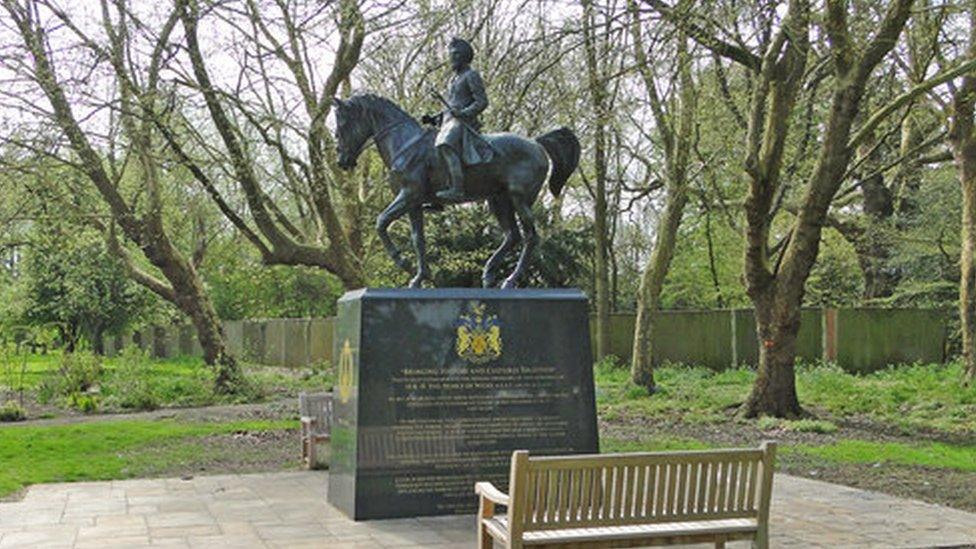
- Published24 April 2018
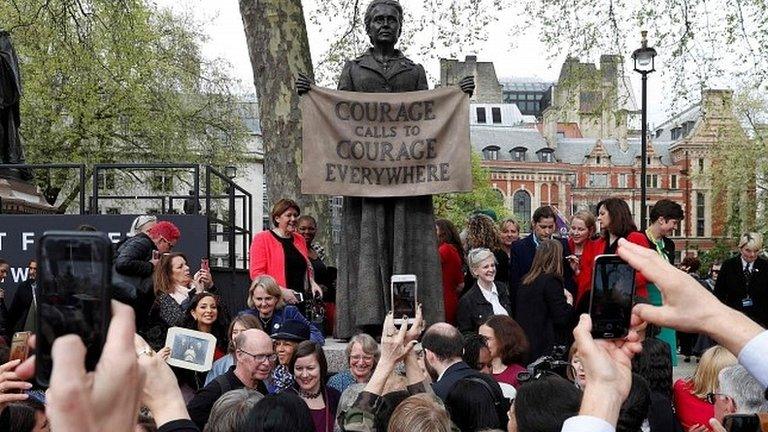
- Published20 April 2016
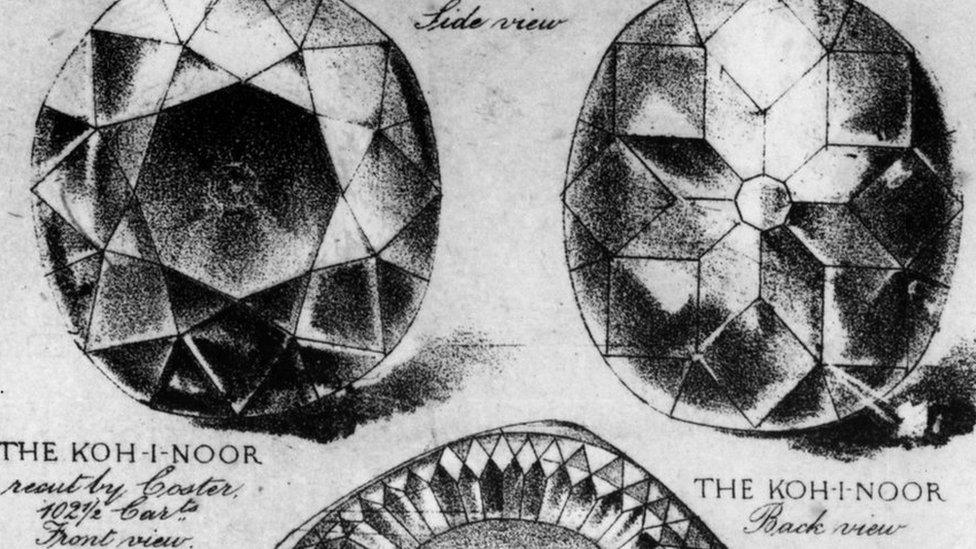
- Published4 July 2014
